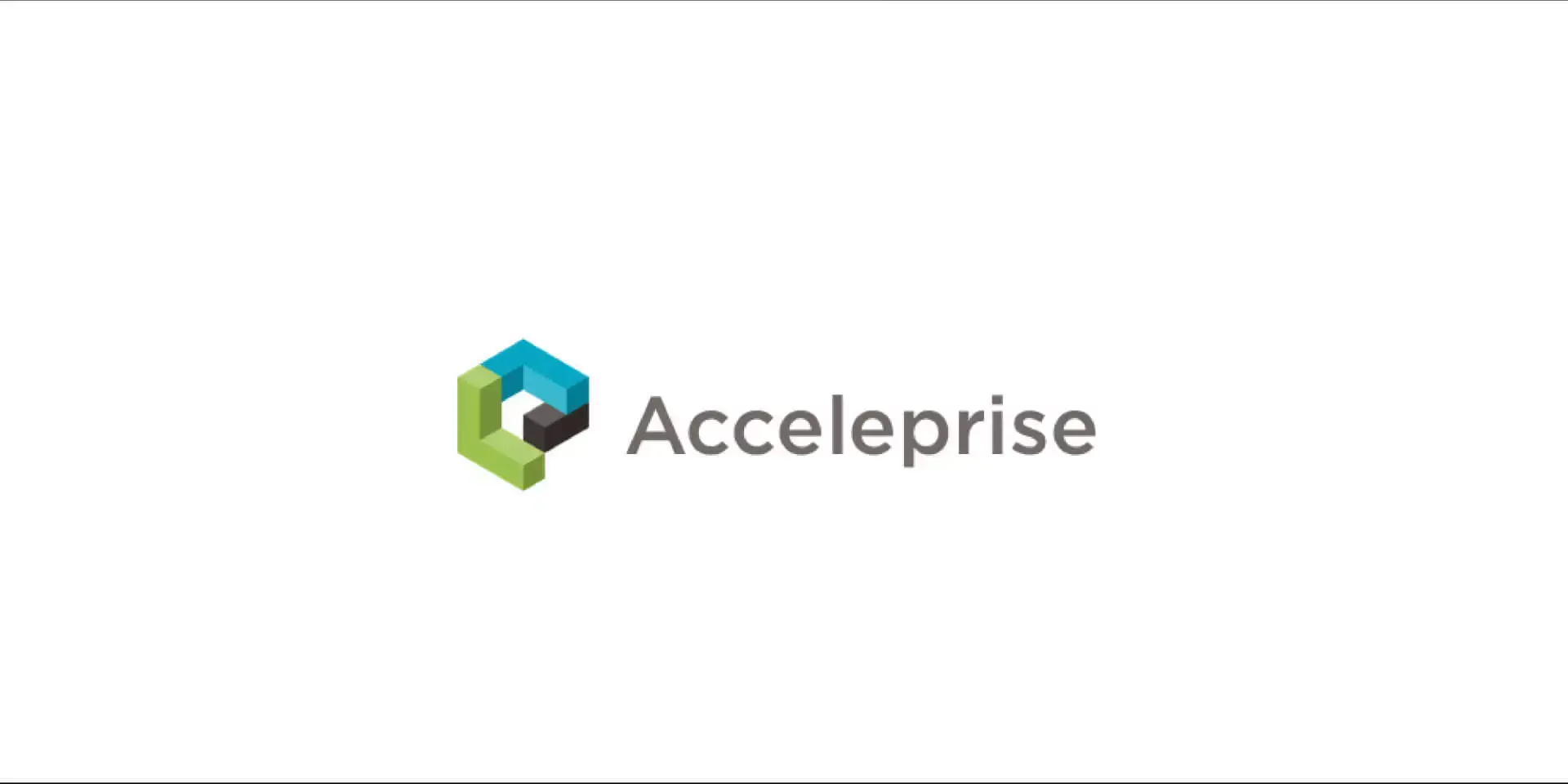Whitney fell in love with launching products early on in her career. She met her business partner, Mike, when she was running her beauty SAAS consultancy company.

On this podcast with Gaper, we sit down with Whitney Sales from Accelprice to talk about Remote, Selling Remotely, and Fund Raising.
Whitney fell in love with launching products early on in her career. She met her business partner, Mike, when she was running her beauty SAAS consultancy company.
She found the perfect hybrid role in Accelprice between being an investor and an operator.
“It’s been a really fun journey … probably worked with over 100 companies at this point in helping them launch their go to market process and, work with a number of founders outside, my consultancy, and previous work experience in the portfolio as well. It’s just been a ride.”
Talking about the accelerator ecosystem, Whitney states, that there are definitely more companies joining into the accelerator space. But that if you are not in the top, probably 20 accelerators globally, it’s pretty hard.
Accelerprice has started to see their funds mature and Whitney says, “it’s been pretty exciting to watch.”
From an accelerator ecosystem perspective, there’s a lot of companies that have come on the market. While some funds are coming into the ecosystem trying to do a little bit of a hybrid model. The accelerator ecosystem she says is kicking pretty strong. This is because there is still a lot of value for founders who are trying to learn how to start companies, and those looking to learn best practices and plugging into a larger community of operators. “You can glean some insights into how to scale a business successfully.”
From a data perspective, it can be seen that the pre-seed and seed stage markets are slowing down a bit. Valuations have dropped, which needed to happen overall anyway, and the number of deals has dropped by about 15 to 20%.
With uncertainty in the market, on what’s going to happen when the economy opens up post-COVID, investors are cutting back. However, good founders always find investments. Go to market models are now becoming a more critical component.
For a lot of those who are working remotely now, have been able to spend time with their families (according to Whitney’s discussion) and they wish to keep it that way predominantly. “I expect the actual office space to change quite a bit; and that’s going to shift a number of things. There’s going to be a nice domino effect across the work environment. Digitizing a number of areas and trying to streamline the remote workspace and the working from home space is going to be a new market that I expect to boom quite a bit. I’m already starting to see that in the startups in the portfolio that actually catered to those markets.”
When you’re looking to sell, think about the markets that are actually doing well in these types of environments and catering to them. Adjust your model around growth and catering to such businesses.
Pulling a bit from research done previously, Whitney also shares that “VCs that are more likely to invest in your space in a down market are those who are actually pretty familiar with the market.” This is to reduce risk as VCs understand market dynamics better. “They have relationships in the space to help push that product to market, and support the founder a little bit better.” She pushes founders to research the funding space for their particular product and go to market model and approach such teams – “target the funds that have some experience in the space.”
She also suggests and advises founders to try and raise more money than they think they need right away. COVID being the current deterrent, no one knows how long it is going to last or how it’s going to impact the market. “Give yourself the extra runway. There’s a lot of unknowns.”
To sum it up we leave with some sage parting words:
“EXPECT IT TO TAKE MORE TIME”
Top quality ensured or we work for free
